Funding was awarded to Dr Rosch to research neuropsychiatric disorders and Dr Pouliopoulos to investigate the blood-brain-barrier.



This dynamic regulation capability of the device conductance creates favorable conditions for emulating synaptic plasticity. As shown in Fig. 2h, the consistent trend of device conductance evolution over 20 cycles indicates the good applicability of the ion migration working mode in emulating synaptic behavior. Furthermore, with the more elaborate design of excitation pulses for ion migration working mode, the device exhibits exceptional stability for over 120 cycles of LTP-LTD conductance changes (Supplementary Fig. 6b). Unlike stable macroscopic polarization, when the external electric field is smaller than the built-in electric field resulting from the ion migration, migrated Cu+ ions tend to spontaneously return to the origin lattice, leading the conductance to relax to its initial state22. As shown in Fig. 2i, a series of pulses was initially applied to induce Cu+ ion migration for varying low-resistance states of the device. Subsequently, a series of pulses with a period of 1.5 s, where 0 V is applied for 1.4 s and −0.6 V is applied for 0.1 s, were used to detect the evolution trend of the device conductance. As anticipated, the influence of migrated ions on the barrier noticeably decayed when no bias voltage was applied and eventually disappeared after 45 seconds. Notably, the effect of interface defects on the volatile state can be considered negligible (Supplementary Fig. 11).
Thus far, selective control of the device’s working mode has been achieved through precise pulse engineering. Short, high-amplitude pulses predominantly influence ferroelectric polarization, while longer, lower-amplitude pulses primarily drive ion migration. Beyond differences in on/off ratio and retention capabilities, the opposite shifts in the transfer curves provide further experimental evidence distinguishing them (Supplementary Fig. 12). In addition, the tunability of dual memristive mechanisms has also been verified in devices with varying CIPS thicknesses, as shown in Supplementary Fig. 13. The above results indicate that our device can work adaptably under the ferroelectric polarization and ion migration mode, respectively. And those memristive mechanisms with different retention characteristics all exhibit good applicability in emulating LTP-LTD characteristics. Overall, our device shows enormous promising potential in integrating neural reuse with memristor-based neural networks.
A refreshable memristor should possess two key properties: refresh and restoration. To confirm the refresh capability of the device, Fig. 3a illustrates the emulation of synaptic potentiation and depression behaviors achieved by cyclically configuring the device to ion migration mode, after every two induced ferroelectric polarizations. Across at least 4 cycles of the redeployment, the device exhibits consistent conductance changes in its respective working modes and well-defined independence between different working modes. This suggests that the motion extent of ferroionic can be precisely regulated solely by adjusting the amplitude and period of the excitation pulse, enabling the realization of both volatile and non-volatile working modes within a single device. Crucially, the experimental results demonstrate that redeployment does not compromise the performance in any given working mode of the device.
Blade runner — original soundtrack score.
Vangelis.
Copyright Disclaimer Under Section 107 of the Copyright Act 1976, allowance is made for “fair use” for purposes such as criticism, comment, news reporting, teaching, scholarship, and research. Fair use is a use permitted by copyright statute that might otherwise be infringing. Non-profit, educational or personal use tips the balance in favor of fair use.”
NOTICE: I DONT own any of this, This is for entertainment.
Swiss researchers claim to have devised a functional living battery powered by the combined efforts of two types of fungi – all in a biodegradable, non-toxic 3D-printed package. I’ll give you a second to wrap your head around that outrageous statement before diving into the details.
That’s from a team at Swiss Federal Laboratories for Materials Science and Technology (EMPA), a Dübendorf-based research institute whose innovations have found their way into Omega watches, quick-drying sports bras, and top British soccer team Arsenal’s artificial turf.
While we’ve seen work on bacteria-powered batteries before, the researchers note this is the first time two types of fungi have been brought together to create a working fuel cell. And to be clear, this is indeed more of a fuel cell than a battery, as it’s utilizing the fungal metabolism to convert nutrients from microbes into energy.
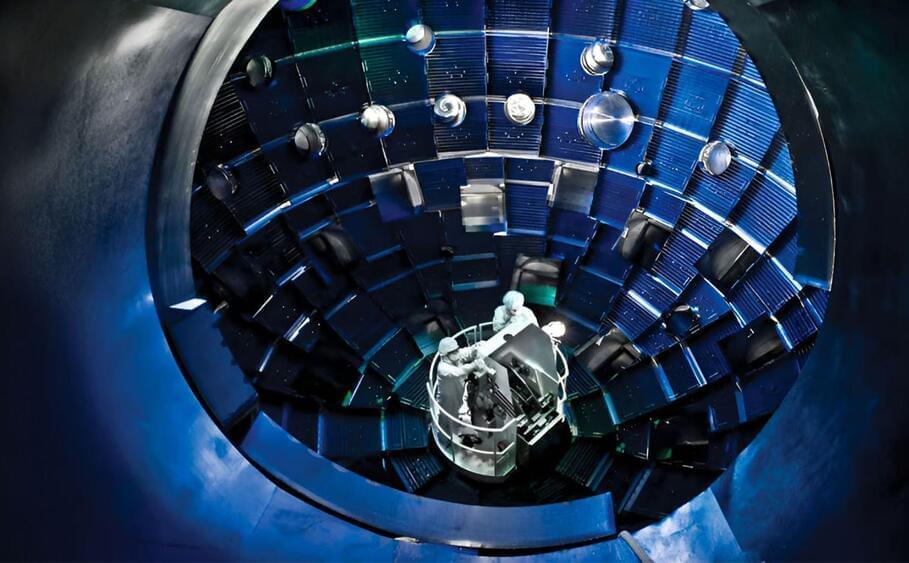

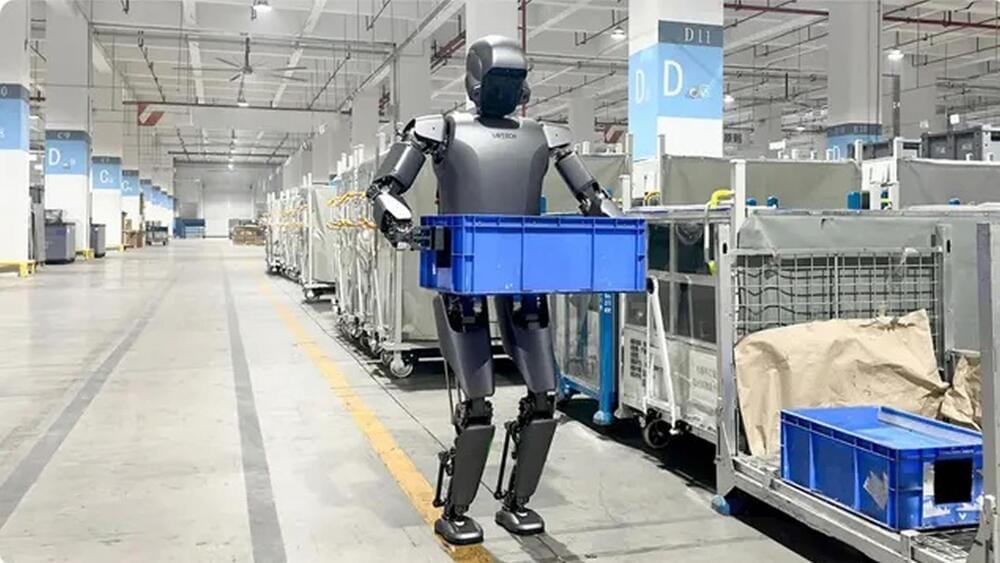
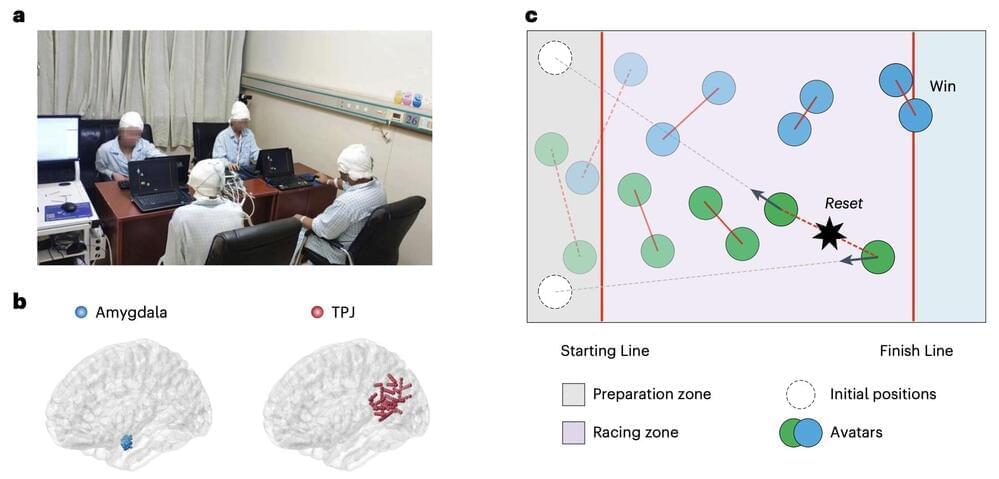
Collaboration and cooperation are key elements of human social interactions, which can contribute to the efficient achievement of shared goals. While many psychology and neuroscience studies have investigated cooperative behaviors among humans, the complex interplay between these behaviors and their neural underpinnings remain poorly understood.
A research team at Beijing Normal University, supervised by Dr. Yina Ma set out to further explore the neural basis of human cooperation, using a combination of behavioral tasks and intracranial electroencephalography (iEEG). Their paper, published in Nature Neuroscience, delineates distinctive neurocognitive profiles for different states during cooperative tasks.
“Our lab has long been dedicated to understanding how human brains communicate and interact in social contexts, such as collective decision-making, intergroup conflict and social cooperation,” Jiaxin Wang, co-first author of the paper, told Medical Xpress.
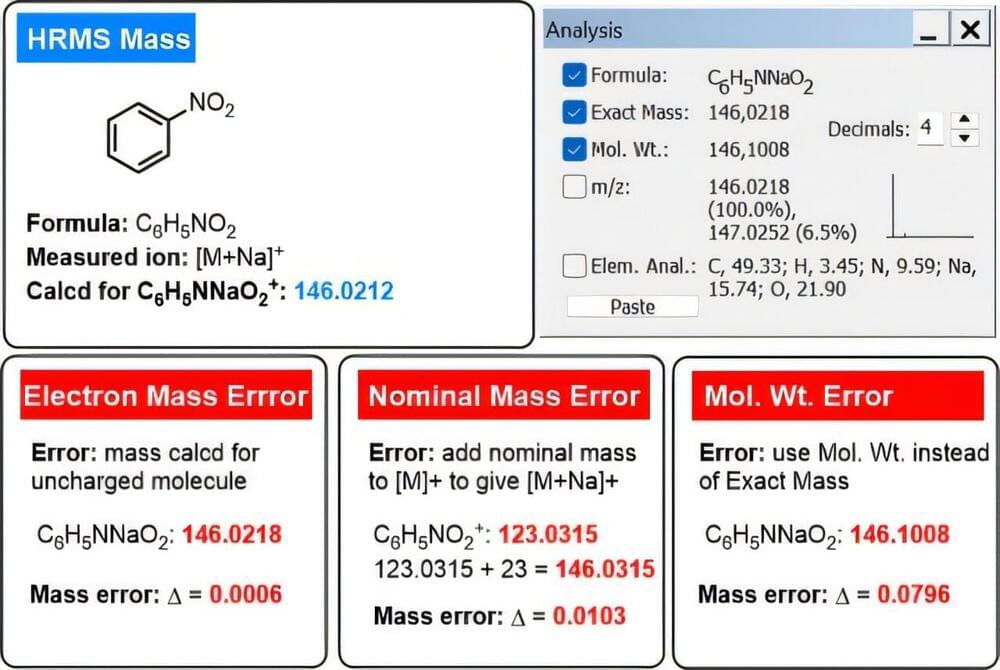
AI-powered data analysis tools have the potential to significantly improve the quality of scientific publications. A new study by Professor Mathias Christmann, a chemistry professor at Freie Universität Berlin, has uncovered shortcomings in chemical publications.
Using a Python script developed with the help of modern AI language models, Christmann analyzed more than 3,000 scientific papers published in Organic Letters over the past two years. The analysis revealed that only 40% of the chemical research papers contained error-free mass measurements. The AI-based data analysis tool used for this purpose could be created without any prior programming knowledge.
“The results demonstrate how powerful AI-powered tools can be in everyday research. They not only make complex analyses accessible but also improve the reliability of scientific data,” explains Christmann.
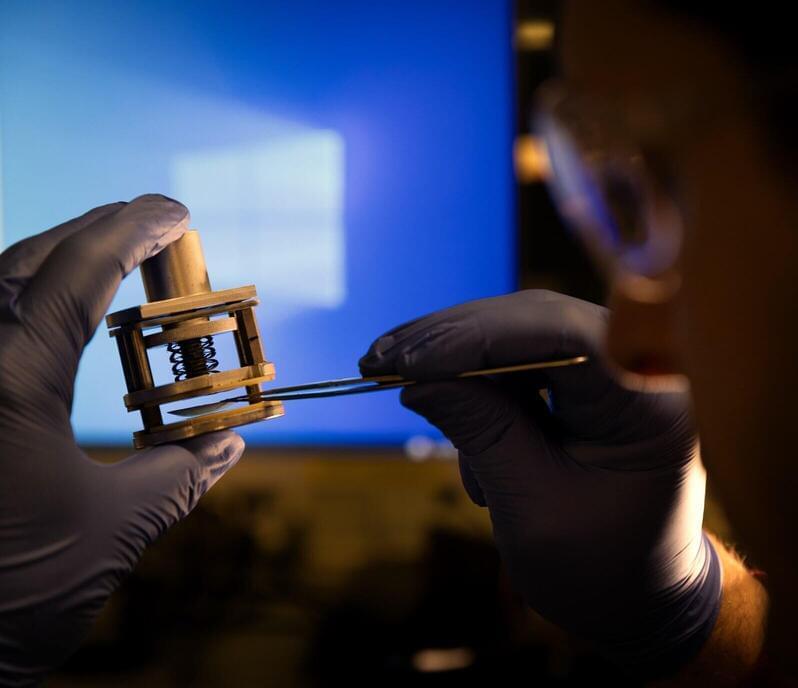
As humans age, their brain function can progressively decline and they become more vulnerable to developing neurodegenerative diseases, such as dementia. Dementia and other progressive neurological conditions can significantly impair their memory, thinking skills and daily functioning, significantly reducing their quality of life.
Many psychology and neurological studies have tried to identify biological markers and lifestyle factors that can contribute to the development of dementia. Yet the contribution of psychological characteristics (e.g., traits, emotional well-being and cognitive resilience) to a decline in mental functions remains poorly understood.
Researchers at University of Barcelona, University College London (UCL), Normandy University and other institutes across Europe recently set out to fill this gap in the literature, by trying to determine whether specific sets of psychological characteristics relate to brain health in middle and late adulthood. Their paper, published in Nature Mental Health, identified three key psychological profiles that were linked to different cognitive and mental health trajectories after middle-age.